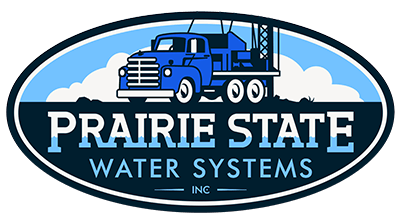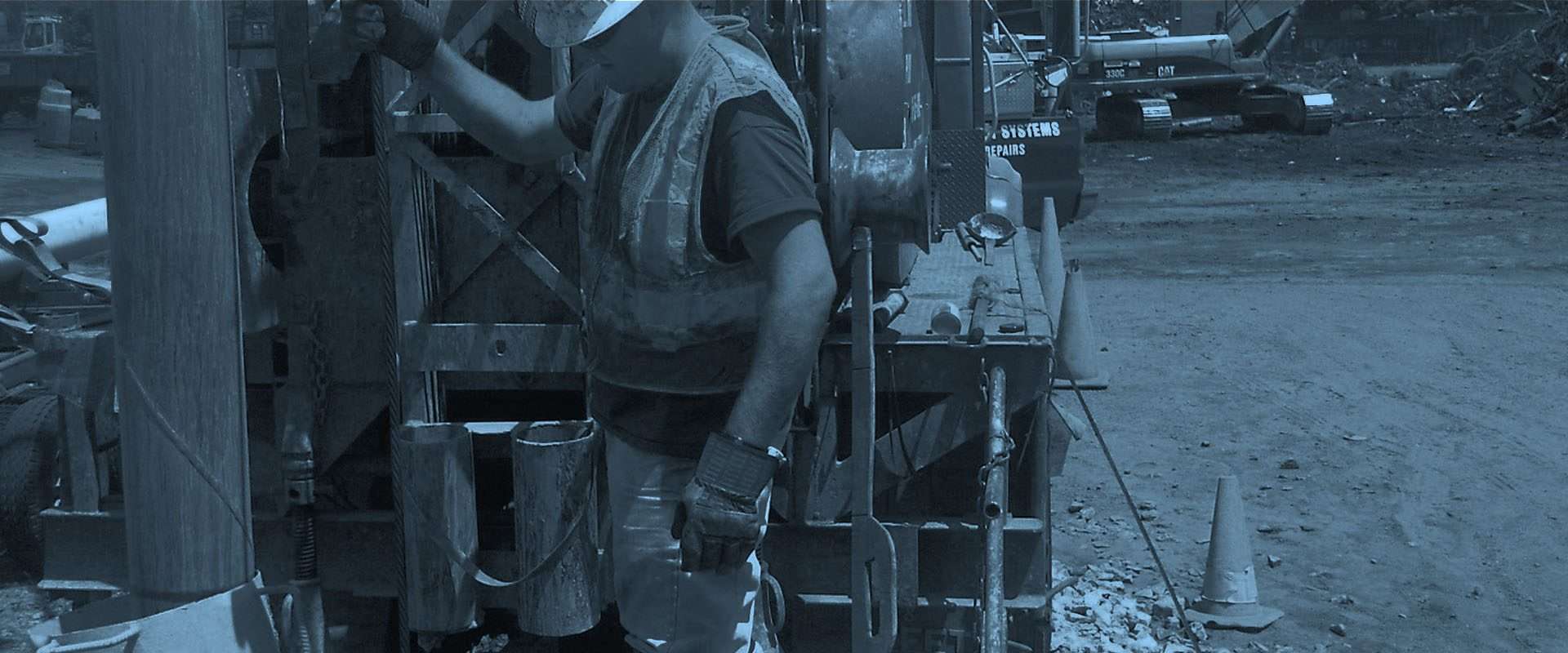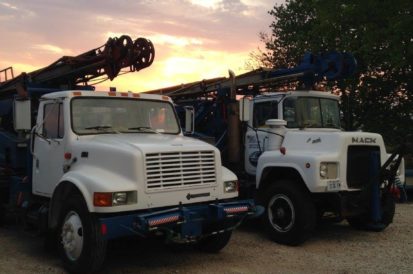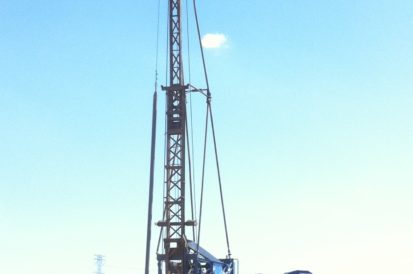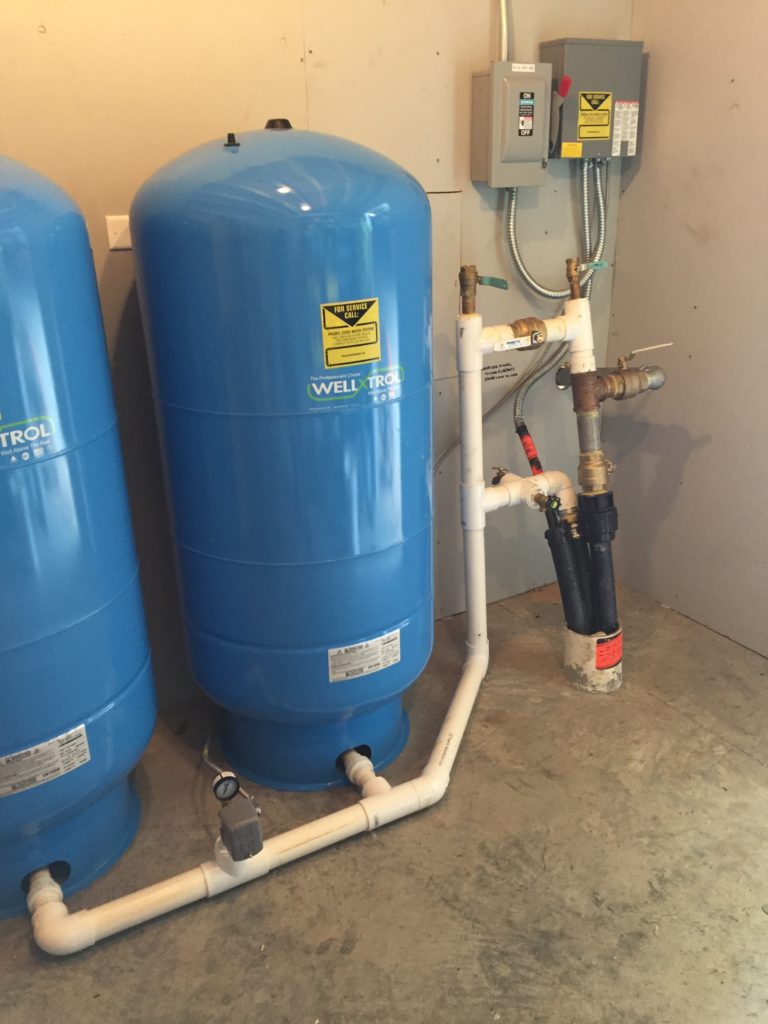Domestic and Residential Well Drilling Services in Illinois
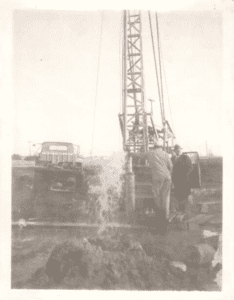
For over 50 years, Prairie State Water Systems Inc. has been a trusted provider of residential and domestic well drilling services in Illinois, proudly serving the collar counties of Chicago. Our team uses only high-quality, reliable products to deliver top-tier water well drilling solutions for both shallow and deep well applications.
We employ a variety of professional drilling methods to ensure your water well meets your household’s specific needs. Whether you’re in need of a new well installation or replacing an existing system, we provide efficient, dependable service every step of the way.
Prairie State Water Systems Inc. is a licensed Illinois water well driller and a nationally certified non-community public water supply operator. We are proud members of the Illinois Association of Ground Water Professionals, the Water Quality Association, and the International Union of Operating Engineers Local 150, demonstrating our commitment to industry standards and customer satisfaction.
Contact us today to learn more about our residential water well drilling services in Illinois. Call our Maple Park office at 630-365-4242 or our Marseilles location at 815-357-8300 to get started.
